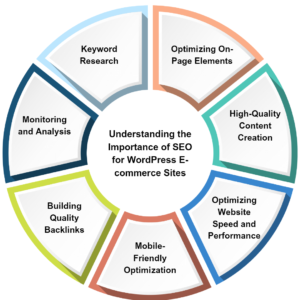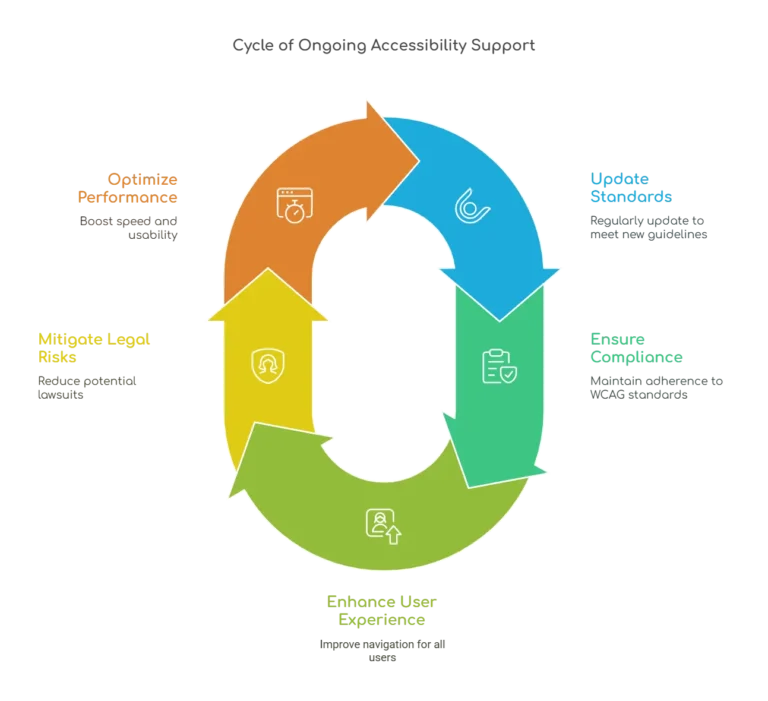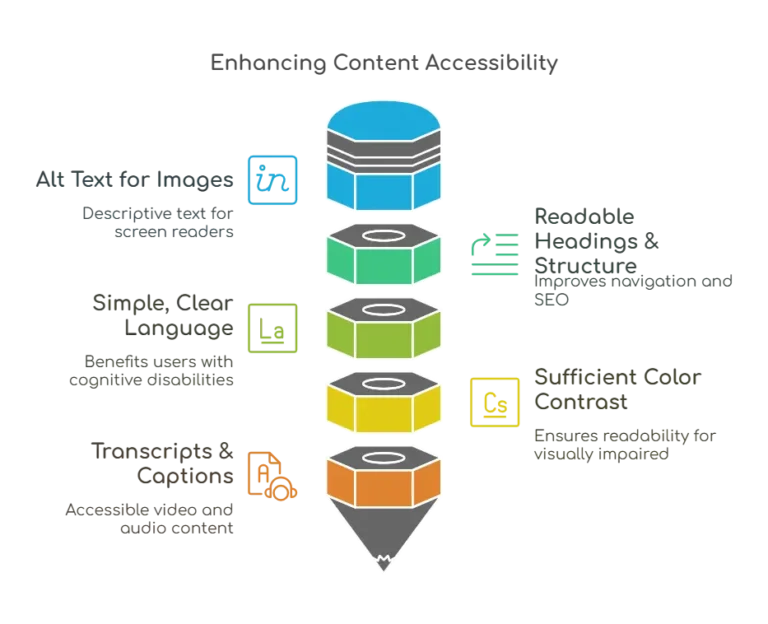Having an online presence is crucial for any business, especially for e-commerce websites. Among the various platforms available, WordPress stands out as one of the most popular and user-friendly content management systems. When combined with effective search engine optimization (SEO) strategies, WordPress e-commerce sites have the potential to reach a wider audience and achieve higher rankings in search engine results. In this blog post, we will explore the power of SEO and how it can be harnessed to maximize the visibility and success of your WordPress e-commerce site.
Understanding the Importance of SEO for WordPress E-commerce Sites:

SEO plays a vital role in driving organic traffic to your website. By optimizing your WordPress e-commerce site for search engines, you enhance its visibility, attract relevant visitors, and increase the likelihood of converting them into customers. Without proper SEO, your website may get lost in the vast sea of online competition.
Keyword Research:
Keyword research is the foundation of any successful SEO campaign. Start by conducting thorough keyword research related to your products, industry, and target audience. Identify specific keywords and phrases that potential customers are likely to search for. For instance, if your WordPress e-commerce site sells handmade jewelry, relevant keywords could be “handmade jewelry,” “artisan earrings,” or “unique necklaces.” Incorporate these keywords strategically throughout your website’s content, including product descriptions, titles, headings, and URLs.
Optimizing On-Page Elements:
On-page optimization involves optimizing the elements within your website to make them more search engine friendly. With WordPress, you have easy access to a variety of plugins that can assist in optimizing these elements. Ensure that your site’s meta tags, titles, headings, and URLs contain relevant keywords. Write compelling and unique meta descriptions for your product pages to entice potential customers to click through to your site.
High-Quality Content Creation:
Content is a critical component of any successful SEO strategy. By creating high-quality, relevant, and engaging content, you can attract and retain visitors while establishing yourself as an authority in your industry. Publish informative blog posts, product guides, and tutorials that align with your target audience’s interests and needs. Integrate keywords naturally into your content to improve its search engine visibility.
Optimizing Website Speed and Performance:
Website speed is a crucial ranking factor for search engines, as it directly impacts user experience. Slow-loading websites tend to have higher bounce rates and lower conversion rates. Optimize your WordPress ecommerce site’s performance by choosing a reliable hosting provider, utilizing caching plugins, optimizing images, and regularly updating your site’s themes and plugins.
Mobile-Friendly Optimization:
In today’s mobile-centric world, having a mobile-friendly website is not only important for user experience but also for SEO. With WordPress, you can choose from a wide range of responsive themes that automatically adjust to different screen sizes and devices. Test your site’s mobile-friendliness using Google’s Mobile-Friendly Test and make any necessary adjustments to ensure a seamless experience for mobile users.
Building Quality Backlinks:
Backlinks, or inbound links, are links from other websites that point to your WordPress e-commerce site. Search engines consider backlinks as a vote of confidence, indicating that your website is trustworthy and authoritative. Focus on building high-quality backlinks from reputable websites in your industry. Engage in guest blogging, influencer outreach, and content partnerships to acquire relevant backlinks that can significantly boost your site’s SEO.
Monitoring and Analysis:
Regularly monitor and analyze the performance of your WordPress e-commerce site using tools like Google Analytics and Google Search Console. These tools provide valuable insights into your website’s traffic, user behavior, keyword rankings, and technical issues. Use this data to identify areas for improvement and refine your SEO strategies accordingly.
In Conclusion, Harnessing the power of SEO is essential for the success of your WordPress e-commerce site. By implementing effective SEO techniques such as keyword research, on-page optimization, content creation, website speed optimization, mobile-friendly design, backlink building, and continuous monitoring, you can significantly improve your site’s visibility, attract targeted traffic, and increase conversions. Embrace the power of SEO and watch your WordPress e-commerce site thrive in the competitive online landscape.
Check out our Previous Blogs- Keep Up With All The Latest In The Digital World








